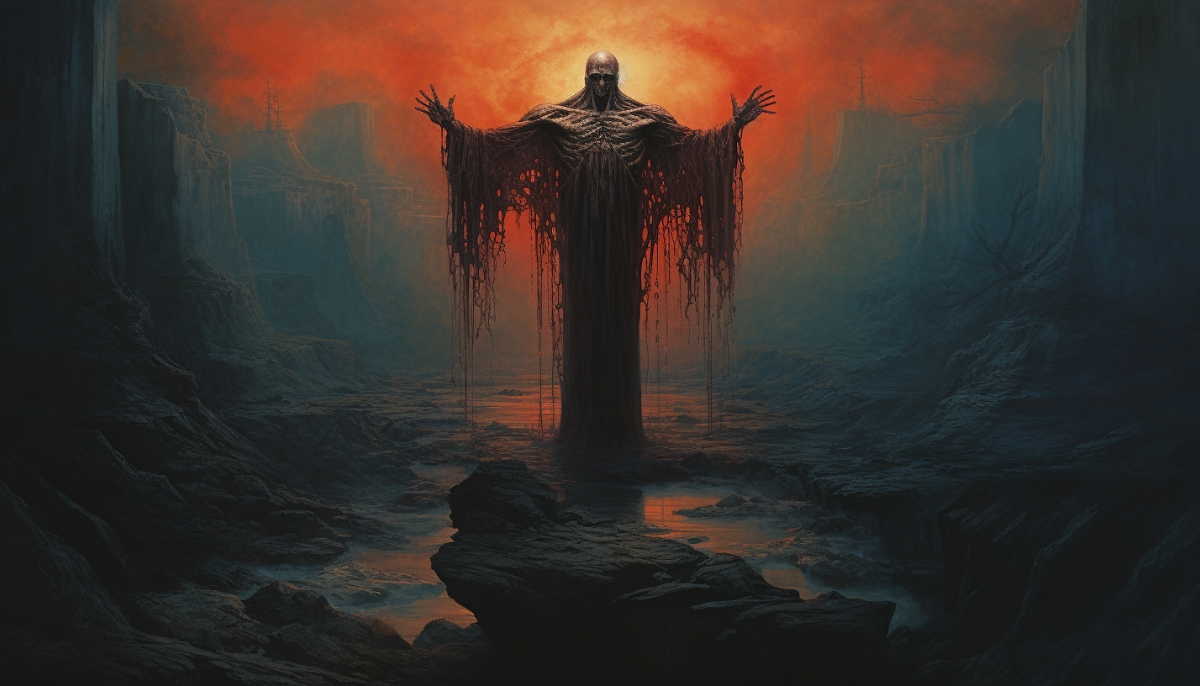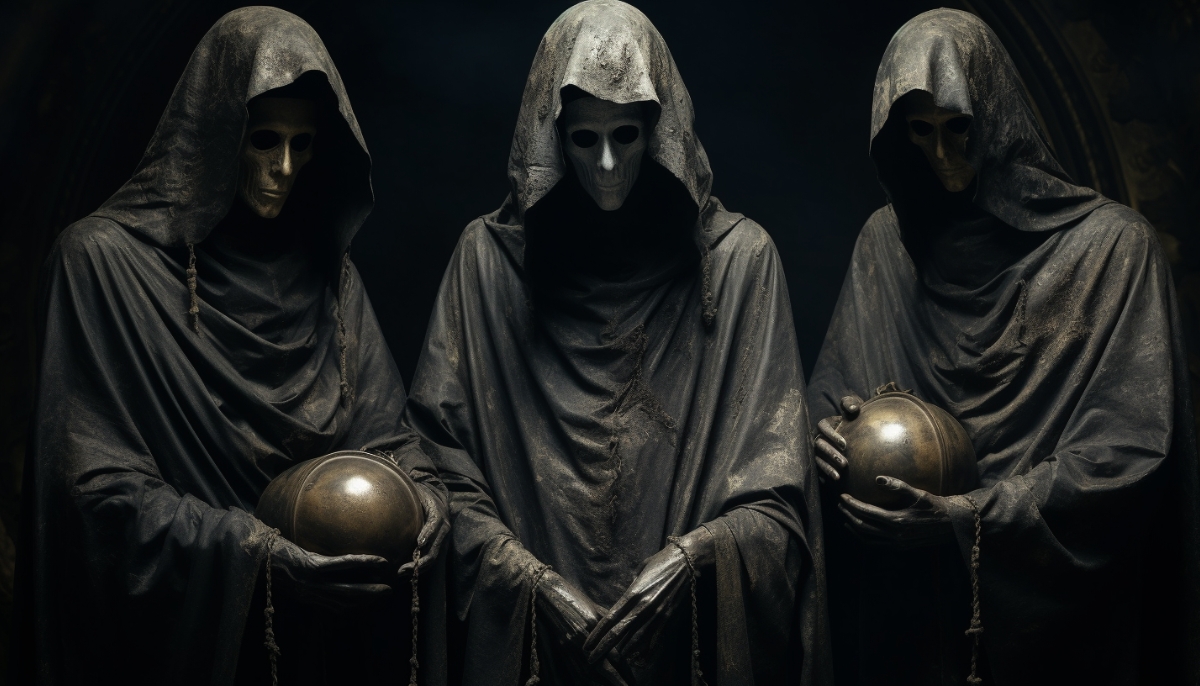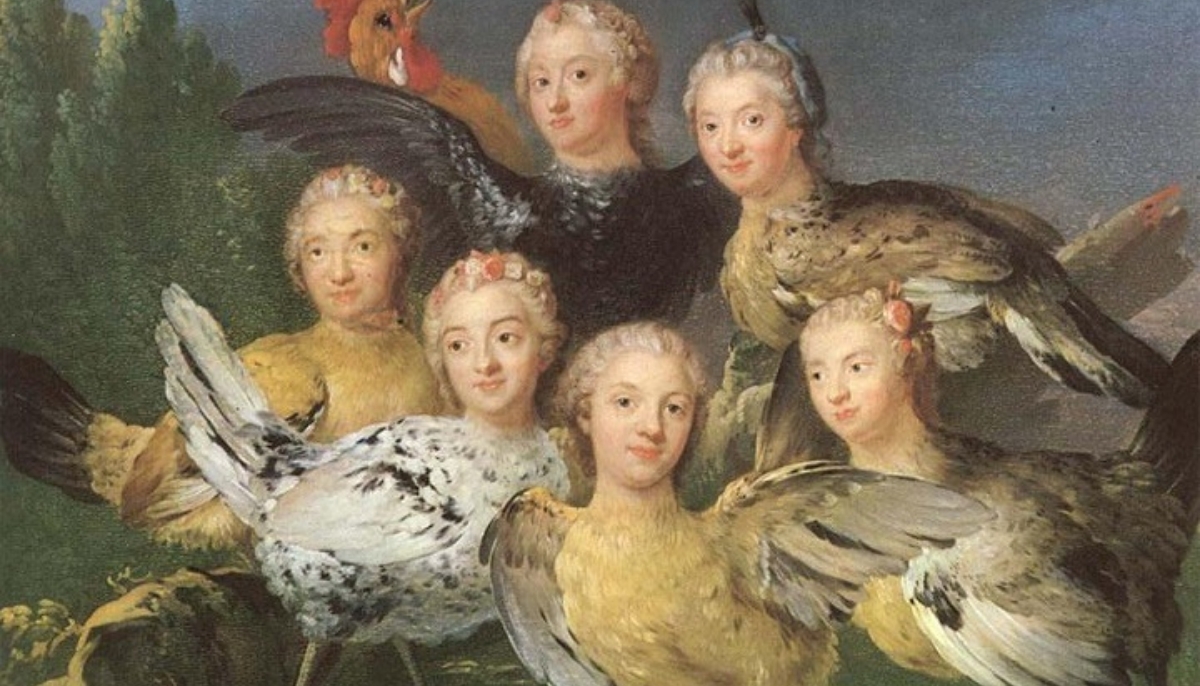In Greek mythology, few stories are as compelling and tragic as that of Oedipus. This article explains the intricate family tree of Oedipus, a narrative filled with prophecy, fate, and dire consequences.
From his origins as the son of King Laius and Queen Jocasta to the complex relationships with his children, each section provides a clear look at the connections and calamities that define his legacy.
For a visual guide to understanding these relationships, don’t miss our easy-to-read family tree graphic near the bottom of the article, complete with descriptions of every major character’s relationship to Oedipus.
Oedipus’ parents
Oedipus, a central figure in Greek mythology, was born to King Laius and Queen Jocasta of Thebes. Despite their royal status, their story is marked by tragedy and a desperate attempt to escape fate.
The prophecy of Oedipus
The prophecy surrounding Oedipus is a pivotal element of his story. After his birth, King Laius and Queen Jocasta received a dire prediction from the Oracle of Delphi: their son would be his father’s murderer and his mother’s husband.
Fearing the fulfillment of this prophecy, Laius and Jocasta decided to take action to prevent it, unaware that their efforts would eventually lead to its realization. The prophecy sets the stage for the tragic events that follow, highlighting the theme of fate versus free will.
The adoptive parents of Oedipus
To avoid the prophecy’s fulfillment, Laius and Jocasta left Oedipus to die on a mountain. However, Oedipus was saved by a shepherd and given to King Polybus and Queen Merope of Corinth, who raised him as their own.
Unaware of his true heritage, Oedipus grew up believing Polybus and Merope were his biological parents. This twist of fate led him to Corinth, setting him on a path that would eventually lead back to Thebes and the unwitting fulfillment of the oracle’s prophecy.
The story of Oedipus and his adoptive parents underscores the inescapability of fate and the complexities of identity.
Fulfilling the prophecy
Oedipus’ life took a fateful turn, fulfilling the prophecy he and his family tried to avoid. Oedipus encountered King Laius at a crossroads.
Killing his father, King Laius
Oedipus, traveling to Thebes to escape what he believed was his fate in Corinth, clashed with King Laius. The confrontation ended with Oedipus killing Laius, not realizing he had just murdered his father.
This event underscores the tragic irony and the theme of unavoidable destiny that permeates the story of Oedipus.
Marrying his mother, Queen Jocasta
After arriving in Thebes and solving the Sphinx’s riddle, Oedipus was hailed as a hero and became the new king. His marriage to Queen Jocasta, widow of Laius, completed the second part of the prophecy.
Oedipus and Jocasta did not know they were mother and son when they married, highlighting the tragic ignorance that leads to the fulfillment of fate.
The Four Children of Oedipus and Queen Jocasta
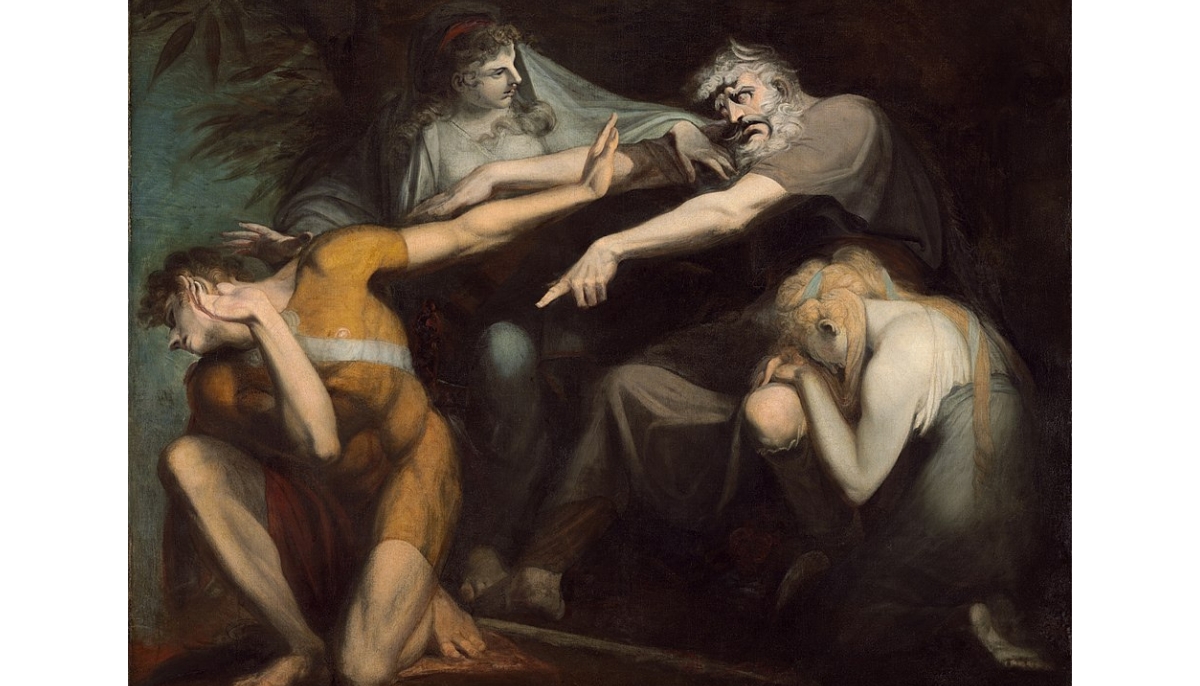
Oedipus and Jocasta’s union produced four children: two sons, Polynices and Eteocles, and two daughters, Antigone and Ismene.
These siblings would later become central figures in their own tragic stories, dealing with the consequences of their parents’ actions.
The legacy of Oedipus’ and Jocasta’s actions deeply affected their children, leading to further themes of fate, family, and the enduring effects of sin and guilt in Greek mythology.
Oedipus family tree
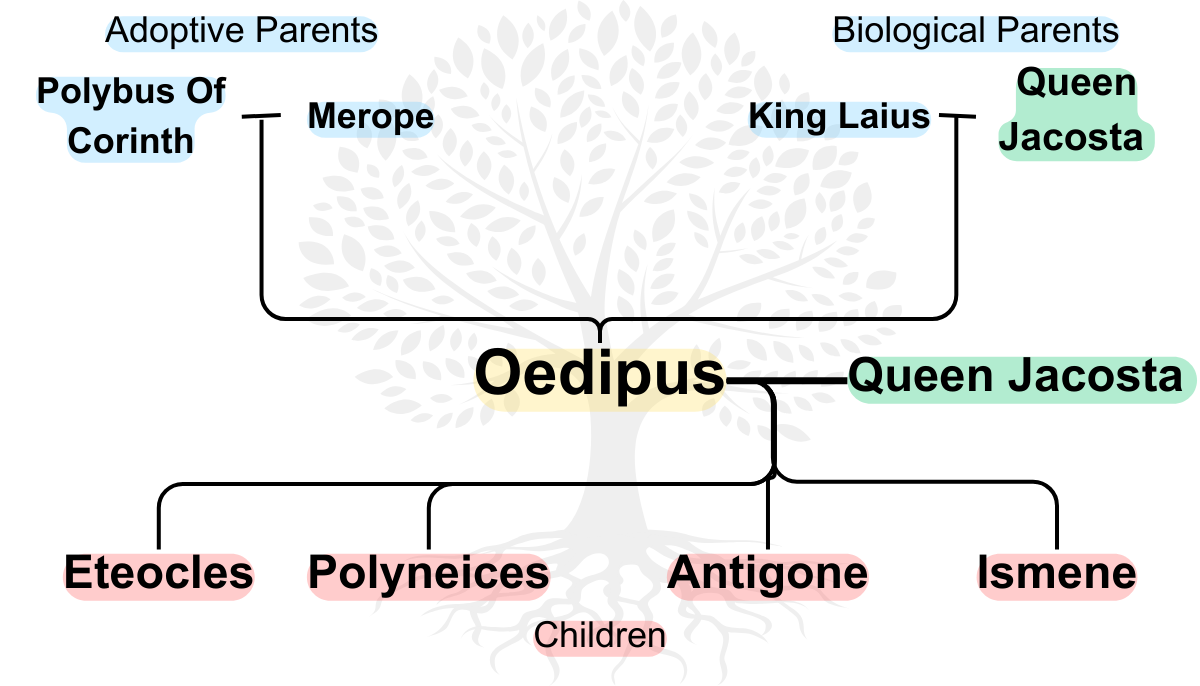
The family tree of Oedipus is a complex web of relationships that are central to the tragic events of Greek mythology. Here’s a simplified overview:
- King Laius – Father
- Queen Jocasta – Mother & Wife
- Eteocles, Polyneices, Antigone, and Ismene – Half Brother-Sister & Son/Daughter
Eteocles and Polyneices eventually turn against each other, leading to mutual destruction, while Antigone and Ismene face their own tragic destinies, dealing with the legacy of their family’s curse.
The intertwined fates of these characters illustrate the profound impact of Oedipus’ actions on his descendants and the inescapable nature of their familial fate.
For those intrigued by the complexity of these ancient narratives, our article covering the best Greek mythology stories for adults delves deeper into the realm of gods, heroes, and tragic figures, with Sophocles’ masterful works prominently featured.
Whether you’re a seasoned enthusiast or new to the myths of ancient Greece, there’s a wealth of knowledge and intrigue awaiting in the timeless tales of gods and mortals.


